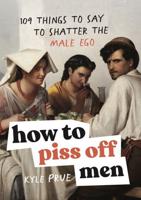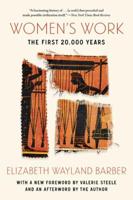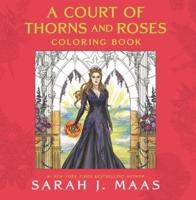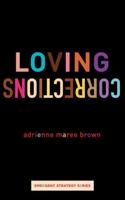Publisher's Synopsis
The Irish suffrage movement consisted of many organisations and involved women from all over the country, of all ages, class and religious backgrounds. In proportion to the size of the country, it was reckoned the equivalent in size and energy to that of the British movement. While there have been studies of some of the personalities and organisations involved in the fight for the vote in Ireland, this is the first time a collection of articles has been published on the subject. It provides a comprehensive coverage of the movement from its beginnings in the mid-nineteenth century to the exciting years when feminist militancy exploded on the streets of Dublin and Belfast. Research from both established and new scholars from Ireland, Britain and America provides new perspectives on the work of evangelical philanthropists, unionist and nationalist suffragists, the realities of campaigning for the vote in country towns, life in industrial Belfast, conflicting feminist views on war and the suffragist uncovering of rampant sexual abuse and domestic violence. Through imaginative and meticulously documented articles on the impact of Ibsen on suffrage thinking, the use of humour as a weapon in the fight for the vote, the pioneering use of the hunger strike as a political tool and the place of vegetarianism within suffrage ideology, readers are provided with a multi-faceted analysis of the achievements, difficulties and legacy of the long campaign fought by Irish women for the right to equal citizenship.










